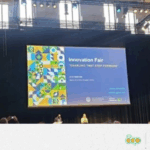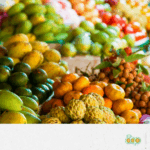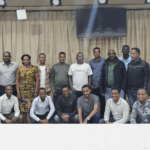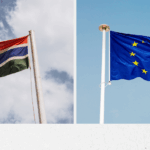- 20/12/2024
- Posted by: Sandra Borma
- Category: News
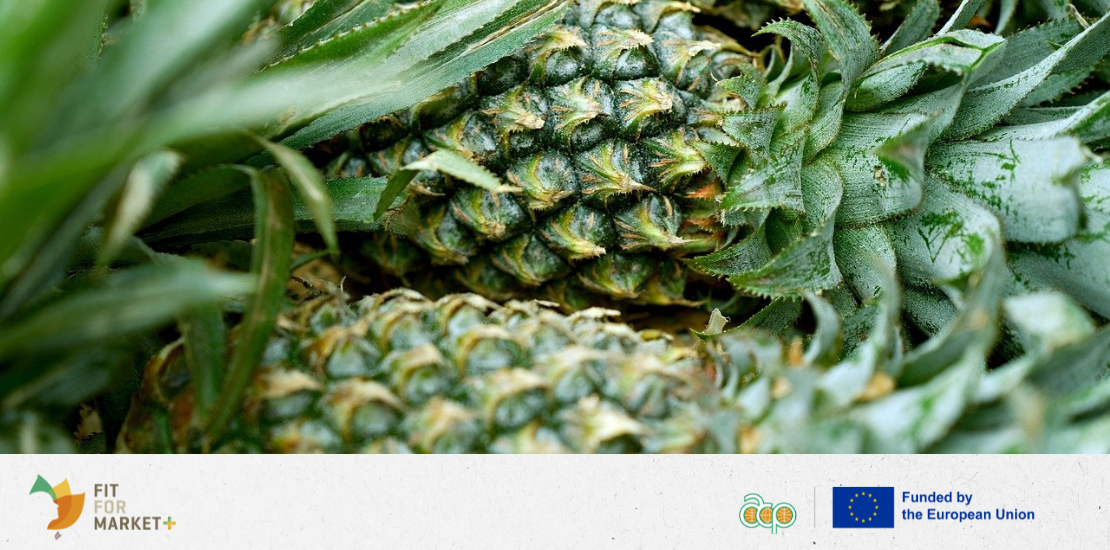
In an important step towards sustainable agriculture, a trial has begun in Benin to valorise pineapple waste from the juice industry. The initiative, part of the Fit For Market Plus (FFM+) programme, aims to convert pineapple by-products into nutritious animal feed, addressing both environmental challenges and economic opportunities.
Pineapple (Ananas comosus) is an important crop in Benin and plays a key socio-economic role, creating jobs, particularly for women and young people, in fruit production and processing. However, these activities generate significant amounts of waste – including leaves, peels, crowns and pulp – which pose environmental and logistical challenges.
In response to these challenges, IRA (Institut de Recherche Agricole), a COLEAD partner-beneficiary, sought support to explore the valorisation of these by-products. The ongoing trial focuses on assessing the nutritional value of pineapple waste and its potential use in animal feed for sheep and poultry. Key activities include determining nutrient composition, formulating balanced rations, measuring zootechnical effects and assessing economic and market viability.
By converting waste into feed, this initiative will promote sustainable livestock production, reduce feed costs and provide an environmentally friendly solution to agricultural waste management. The results of the trial are expected to add value to Benin’s agricultural sector, improving both economic and environmental sustainability.
The project, supported by FFM+, underlines COLEAD’s commitment to fostering innovative solutions in line with the United Nations Sustainable Development Goals (SDGs). If successful, the trial could serve as a model for similar waste valorisation efforts in other agricultural sectors.
This activity is supported by the Fit For Market Plus (FFM+) programme, implemented by COLEAD within the Framework of Development Cooperation between the Organisation of African, Caribbean and Pacific States (OACPS) and the European Union. This publication receives financial support from the European Union and the OACPS. The content of this publication is the sole responsibility of COLEAD and can in no way be taken to reflect the views of the European Union or the OACPS.

